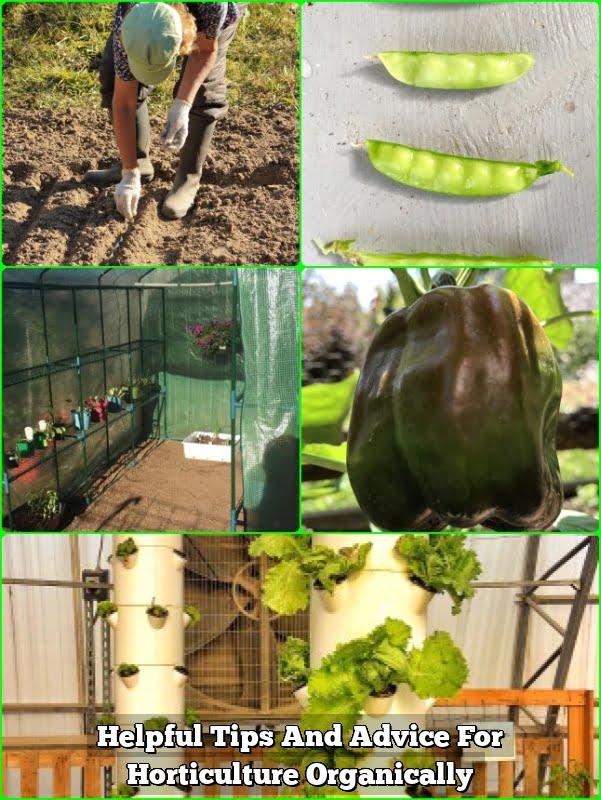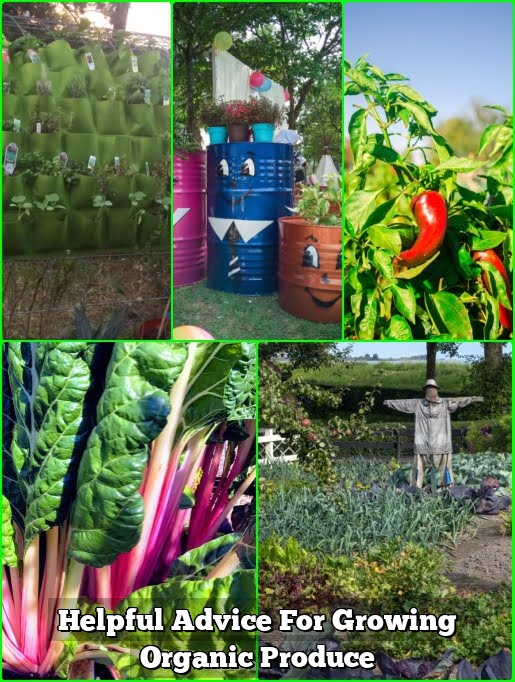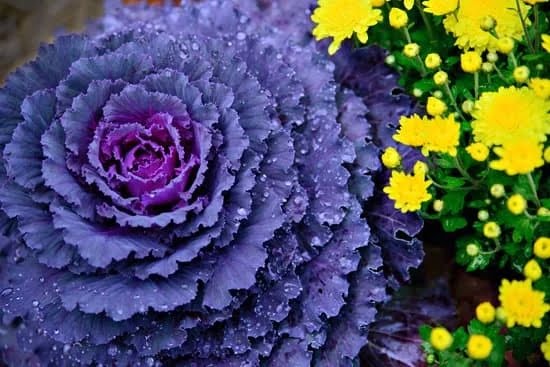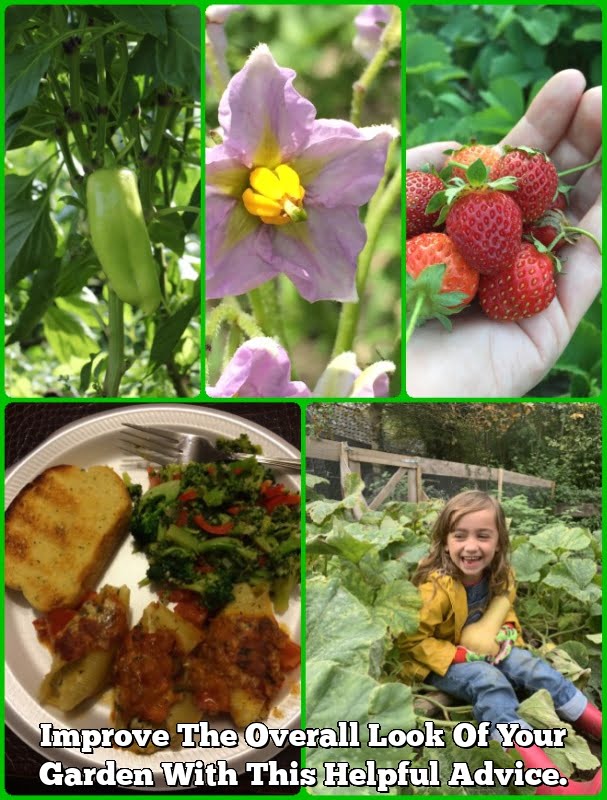If you wanted to put your shovel in the ground and start gardening today, would you really know what to do? There is actually a lot more that goes in to organic gardening than simply planting a seed and watching it grow. To gather the knowledge necessary to grow your produce, here are some helpful tips and tactics.
Protect your seeds from fungus with natural products. You can use milled sphagnum moss to protect all your plants. If your seeds need light to grow, sprinkle the moss first and then place your seeds. This solution is much better than any chemicals you can find in a store and will protect your seeds efficiently.
You should keep your seeds damp without drowning them in water. Spray water over the soil to keep it moist, and place the pots or trays in which you have your seeds in water so that the soil can absorb the water. Make sure you replace the water in which your pots are standing regularly.
By adding a nice layer of bio-degradable material (mulch) around your plants, you can utilize the natural pest-fighting ability within the mulch to stop predators to your plants. By putting a one to two inch layer around your plants, you are also adding a source of nutrients and a source of water.
Know the benefits of composting. Composting is one of the best things you can do for your organic garden. Composting improves moisture levels, promotes fertility, and stimulates plant roots. You can start your own composting at home, and reduce your household waste, as well as get free food for your garden.
If you don’t have a big yard, or any yard at all, you can still grow great organic produce in containers. Most vegetables, other than some root vegetables, grow just as well in pots as they do in the ground. There are also many varieties which have been bred to do well in containers.
When creating a compost pile, use dried plant materials and green plants in equal parts. Examples of green plant material are spent flowers, fruit and vegetable waste, grass clippings, weeds, and leaves. Paper and straw are dry plant materials. Diseased plants, meat and fire-waste like charcoal or ashes should not be placed in your compost pile.
The best way to weed your organic garden is the old-fashioned way, pulling the weeds out by hand. Even though organic herbicides sold at the store are tempting, they aren’t nearly as effective as getting on your hands and knees and pulling the weeds out by hand. It’s also very invigorating to do it yourself. It gives you a sense of accomplishment.
If you are beginning an organic garden, you should make sure that you re-pot your seedlings into larger containers with a compost mix as soon as your seedlings begin crowding each other in their original containers. If you do not do this, your seeds will eventually suffocate themselves and die.
Treat your roses! To naturally remedy black spots on roses in your organic garden, use milk! For some unknown reason – using a 1:2 ratio mixture of milk and water – has been shown to get rid of black spots! Use a spray bottle to apply the mixture directly to the leaves of the affected plant.
Here is a tip for organic gardening! Use a rain gauge. Most plants require about an inch of water per week. To know how much you need to water, it is important to know how much water the plants received from rain. As rainfall can vary greatly within a city, don’t depend on your weather report; instead use a rain gauge to determine the amount that fell at your location.
When you are digging holes in your yard in which to plant shrubs, bushes, or trees, do not make it perfect. Holes with perfect sides will actually work against you by restricting plant growth. The roots cannot penetrate the sheer face made by a shovel.
When starting an organic garden look into natural pesticides. It is a healthy way to be sure you do not lose a great deal of your crop to insects while working to keep your environment safe. There are many pesticides that were once used and are really effective.
Feed your roses naturally. You don’t need to use chemical fertilizer to feed roses. Bury banana skins and crushed eggshells near the roots of rose bushes to supply them with extra vitamins and minerals. 1 tablespoon of Epsom salts dissolved in 1 pint of water is a marvelous pick-me-up for roses, and if you grow garlic around your rose bushes, it will help to keep them free of greenfly.
An old laundry basket makes a handy, if unlikely, addition to your organic gardening tools. You can collect produce in a laundry basket during harvest. Thanks to the openings in the basket, you can rinse the produce directly without worrying about any standing water collecting and spoiling your fresh fruit and vegetables.
If you have aphids on your plants, and do not want to use harmful bug sprays, you can use soapy water. A very diluted soapy water can be sprayed on all areas of the plant, the leaves, stems and buds. After you spray the soapy water, spray with clean water. This will get the aphids off your plants.
Discourage deer in your garden. Deer love chewing on vegetables, roses, fruit trees, juniper, and holly. They can decimate a garden in a single day if given the chance! While people tend to favor an electric fence to discourage deer, there are certain things you can do that don’t involve unnecessary pain. Fill bags with human or dog hair, dried blood meal, or fish heads. Attach to the perimeter of your property, or to specific plants that could be eaten. Alternatively, make a spray of two egg yolks mixed with one quart of water and spray fruit trees liberally. For some reason, this seems to work!
Understanding how to grow organically, will always require the right type of information, so you might as well take it from these expert tips, instead of putting your trust in some other information out there. Make sure to heed this advice and your next garden can be the best you’ve ever grown.

If you’re looking to get into vegetable gardening, or are just looking for some tips on how to make your current garden better, then you’ve come to the right place! My name is Ethel and I have been gardening for years. In this blog, I’m going to share with you some of my best tips on how to create a successful vegetable garden.





